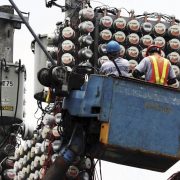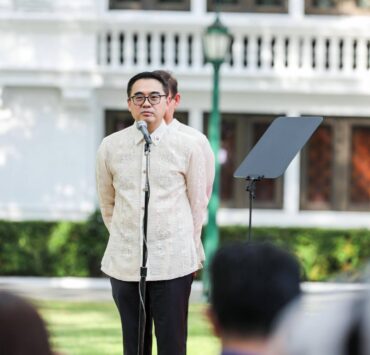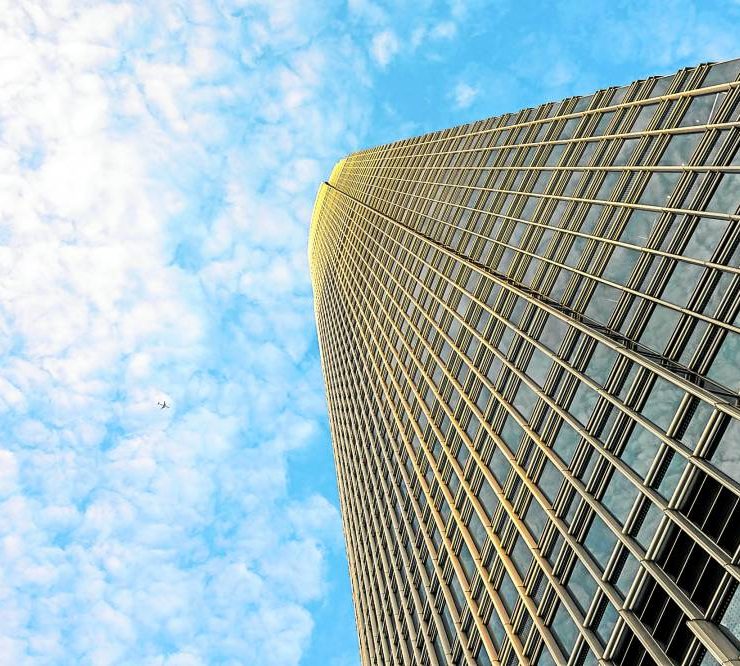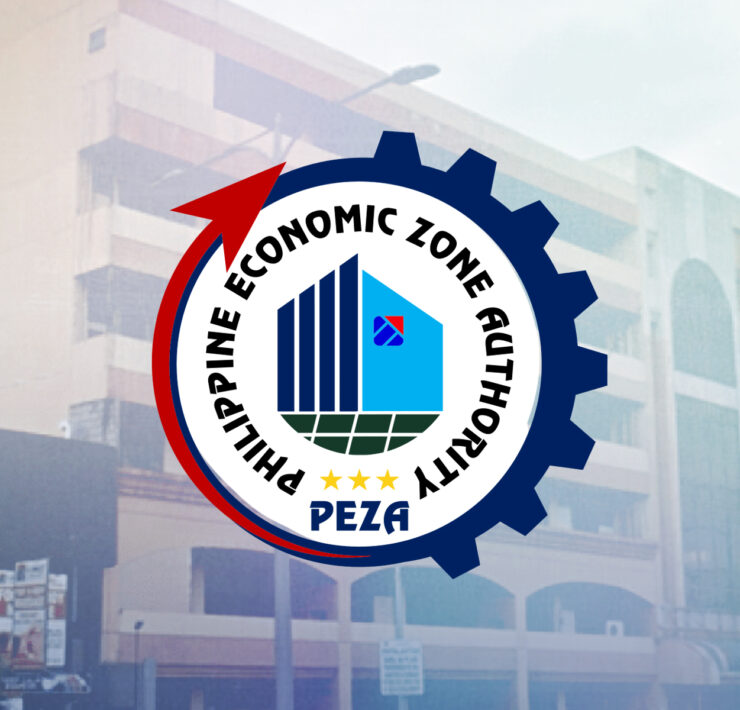Proposed 99-year land lease to foreign investors ‘game-changing’
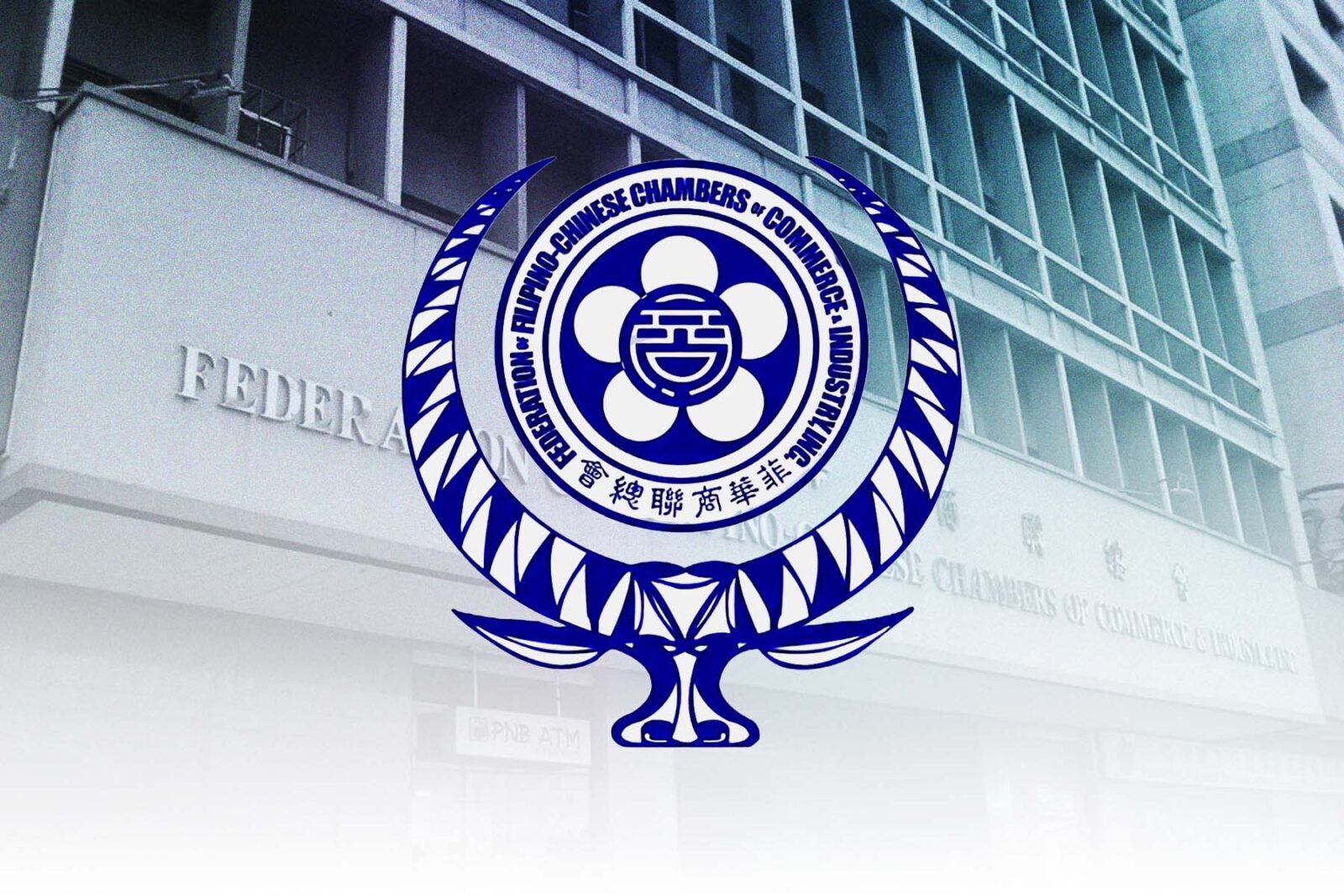
The Federation of Filipino Chinese Chambers of Commerce and Industry, Inc. (FFCCCII) on Wednesday urged lawmakers to immediately pass the 99-Year Land Lease Bill, seen as a “game-changing” reform that will help elevate the country’s global competitiveness and attract “transformative” investments.
In a strongly worded statement, the business group framed the proposal as a “historic opportunity” for the Philippines to align itself with Asia’s top-performing economies by offering long-term land lease options to foreign investors.
The bill seeks to allow qualified foreign investors to lease private land for up to 99 years, a model already adopted by regional neighbors such as Singapore, Malaysia and Indonesia.
“This is not merely a policy adjustment; it is a strategic leap forward, aligning the Philippines with Asia’s most dynamic economies. The time to act is now,” FFCCCII president Victor Lim said.
To address national security and land ownership concerns, the FFCCCII proposed certain safeguards. These include strict oversight by the Department of Trade and Industry and investment promotion agencies, antispeculation provisions requiring projects to start within three years and compliance with agrarian reform laws.
“Just like Singapore and Hong Kong, we can attract big investments while keeping sovereignty intact,” the FFCCCII said.
The group pointed to long-term land lease models in other Southeast Asian countries as catalysts for industrialization and investment. Singapore’s transformation into a global financial and tech hub and Indonesia’s expansion in renewable energy and agro-industrial development were among the examples cited.
The business group said the impact would spread throughout the economy, driving job creation, boosting tax revenues and strengthening local enterprises.
“This reform will help unlock multibillion-dollar investments in advanced manufacturing, tourism, agro-industry, and renewable energy,” the FFCCCII read. “The ripple effect? Millions of high-quality jobs, stronger MSMEs (micro, small and medium enterprises) and higher tax revenues for infrastructure, health care and education,” it added.
The group emphasized that global investors were watching how the Philippines would respond, especially as regional competitors continued to implement pro-investment reforms.
It warned that delays in passing the measure could undermine the country’s competitiveness in the region.
“Global capital flows where policies are welcoming. While Vietnam, Malaysia, Indonesia and others aggressively court investors, the Philippines cannot afford hesitation,” the statement said.





